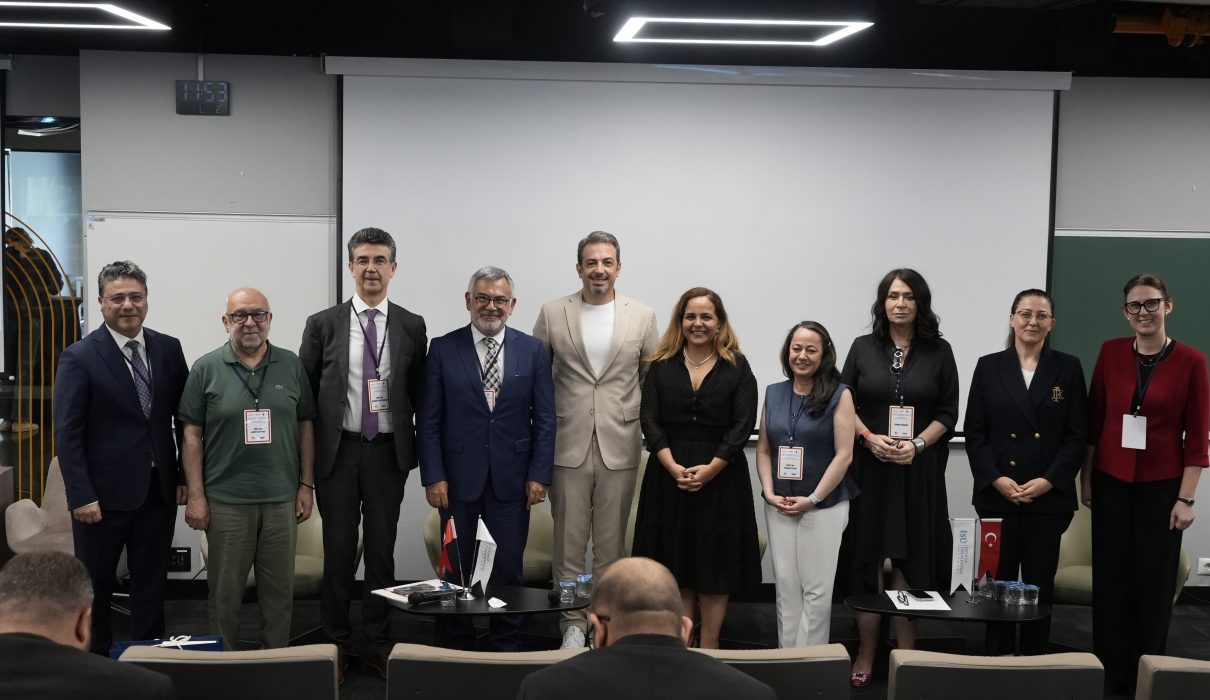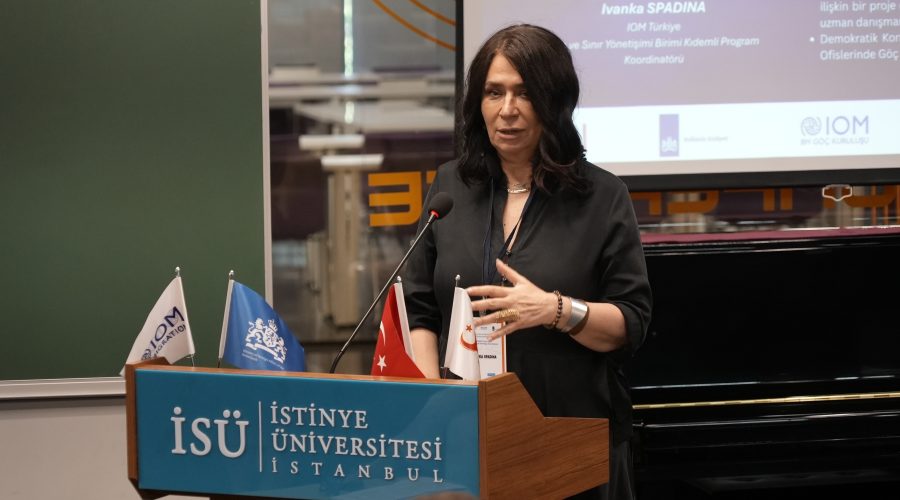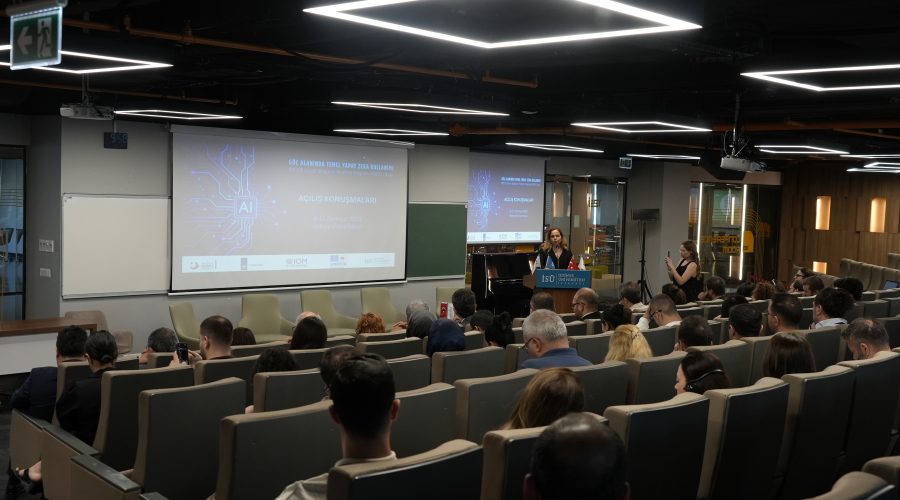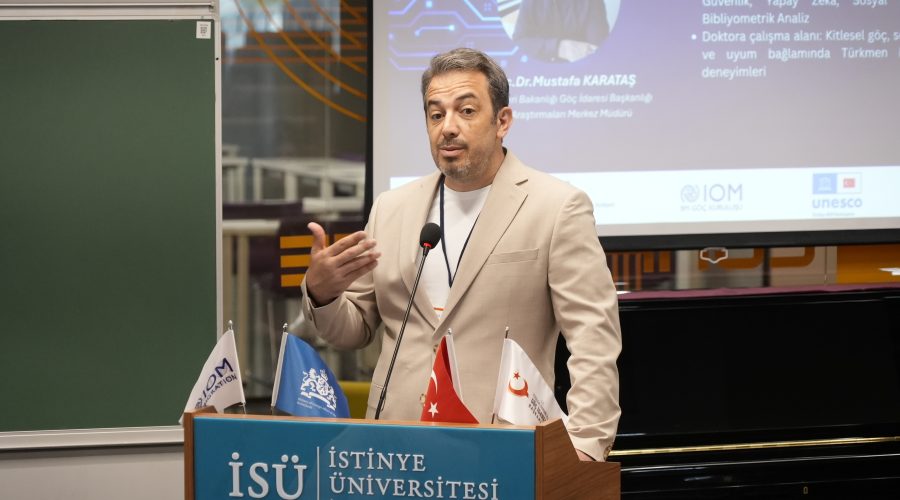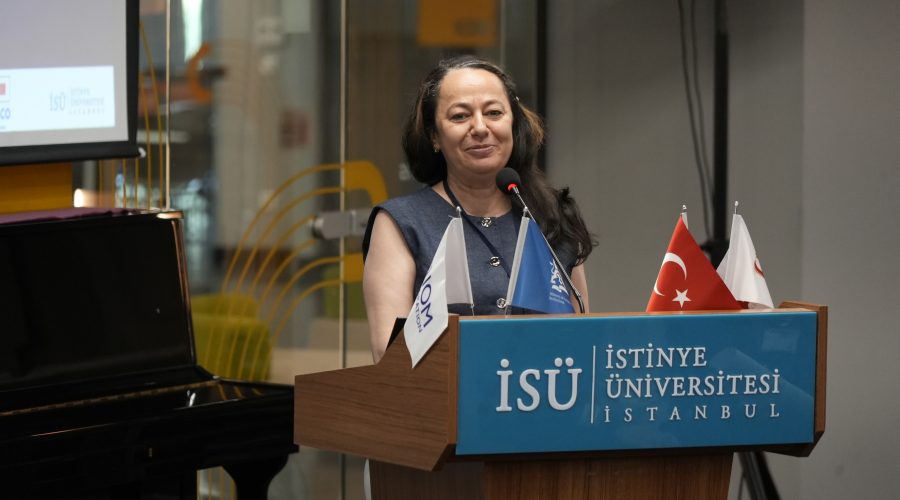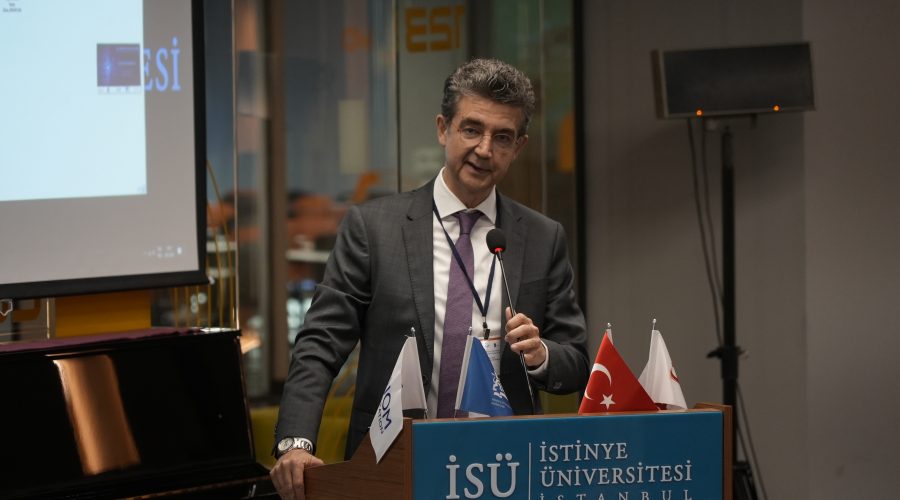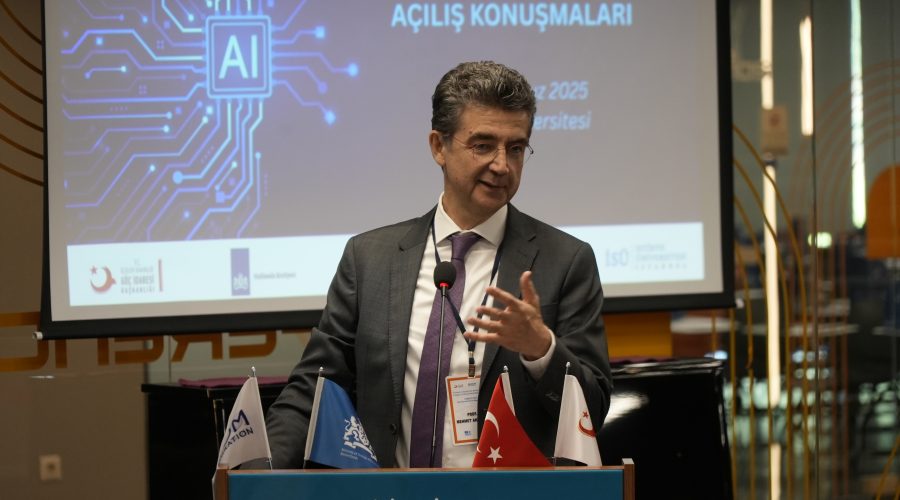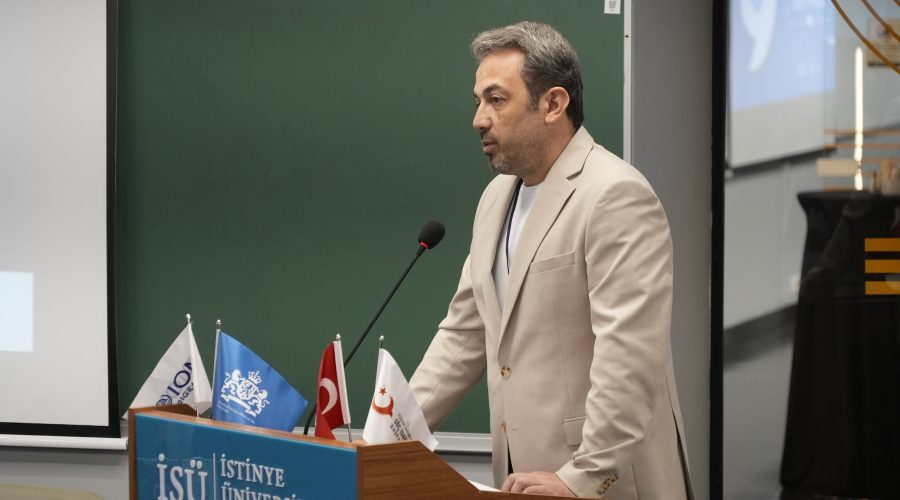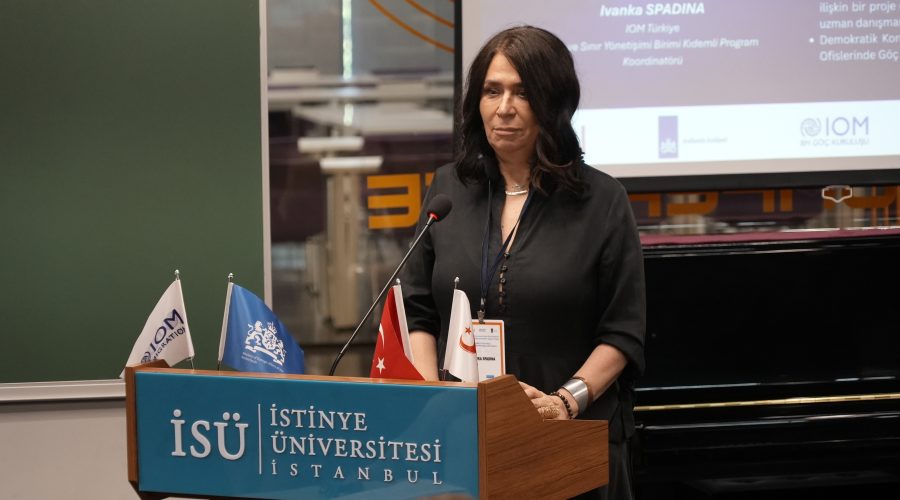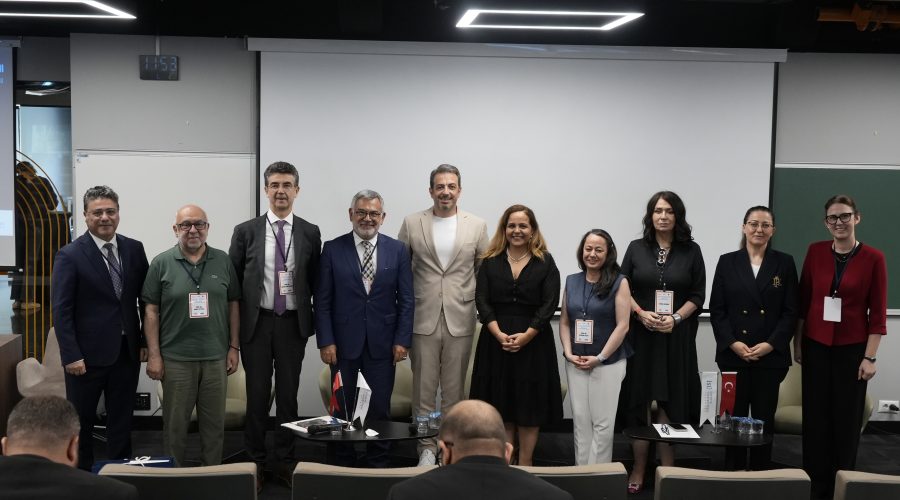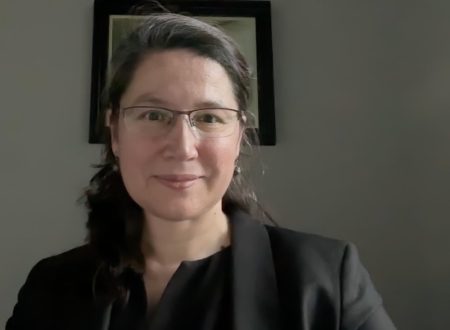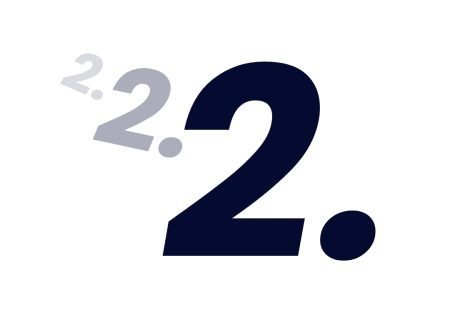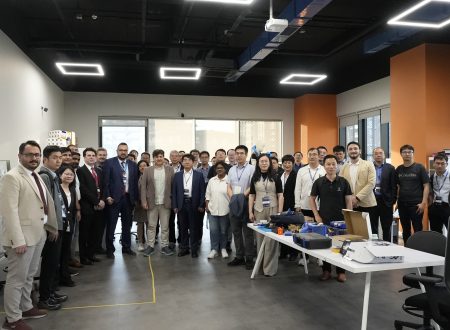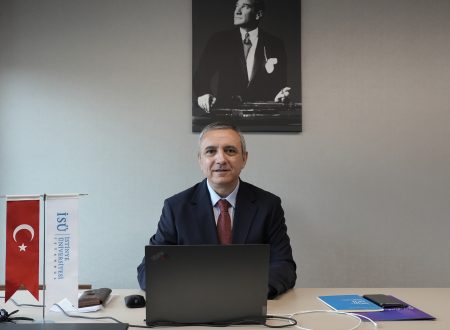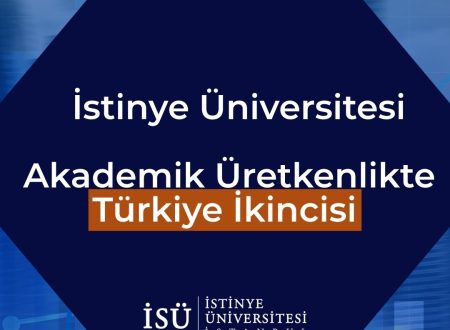Organized in cooperation with the Presidency of Migration Management, the International Organization for Migration (IOM), and Istinye University, the UNESCO MOST School on “Fundamental Applications of Artificial Intelligence in Migration” took place in Istanbul between 9–11 July 2025. The event focused on the contributions of artificial intelligence (AI) to migration governance processes and discussed the ethical use of AI to create social benefits.
The event, hosted by Istinye University, brought together prominent names including Prof. Dr. Mehmet Akif Kireçci, Chair of the MOST and Migration Specialized Committee of the Turkish National Commission for UNESCO, Prof. Dr. Ayselin Yıldız, Member of the MOST and Migration Specialized Committee of the Turkish National Commission for UNESCO and Coordinator of the MOST School, Prof. Dr. Ahmet İçduygu, Director of the Migration Research Center at Koç University, Assoc. Prof. Dr. Özgü Yolcu, Communication Advisor to the Presidency of Migration Management, Assoc. Prof. Dr. Mustafa Karataş, Director of the Migration Research Center of the Presidency of Migration Management, Veysel Dağlar, Head of the IT Department of the Presidency of Migration Management, and Ivanka Spadina, Senior Coordinator of IOM Türkiye’s Migration and Border Governance Program. The program also hosted national and international academics and experts who explored how technological advancements can be ethically integrated into migration policies.
“Technology is a Vital Dimension of Türkiye’s Migration Management”
In his opening speech, Assoc. Prof. Dr. Mustafa Karataş, Director of the Migration Research Center, highlighted the growing role of technology in migration management in Türkiye.
“As the Presidency of Migration Management, we have always prioritized the integration of technological advancements into our operations to ensure that migration-related processes are carried out swiftly and effectively. We closely follow digital solutions that can enhance migration governance. With the rapid rise of AI across many fields, the question of how these technologies can be integrated into migration management has become a global topic of discussion. Through this training program, I believe our institutional awareness of using AI responsibly and with a human rights-oriented approach in the field of migration will grow even stronger,” he stated.
“Science Must Lead the Way in Managing Data”
Prof. Dr. Mehmet Akif Kireçci, Chair of the MOST Committee of the Turkish National Commission for UNESCO, provided an in-depth evaluation of the vision and objectives of the MOST School, while also emphasizing its international scope and strategic importance.
“Migration is not only a humanitarian issue but also a global challenge that is multidimensional, interdisciplinary, and directly tied to international law. Programs such as the MOST School, which are implemented with the participation of 46 countries, are concrete examples of collective efforts to find global solutions to shared problems. In today’s world, we must take the lead in building systems where we manage data, rather than data managing us,” he said.
“Türkiye Puts Science at the Core of Migration Management”
Ivanka Spadina, Senior Coordinator of IOM Türkiye’s Migration and Border Governance Program, emphasized the importance of AI in migration management and underlined the vision of the MOST School.
“Our priority is to ensure that migration is managed in an orderly, safe, and human rights-respecting manner. Türkiye stands out as one of the countries effectively implementing this approach. I am pleased to be here and to witness the contributions of the academic community to this field. Initiatives like this are highly valuable in supporting public policies with scientific foundations,” she said.
“Advancing AI for the Benefit of Society”
Prof. Dr. Ayselin Yıldız, Istinye University Faculty Member and Coordinator of the MOST School, pointed out the significant contributions that responsible and effective use of AI technologies could make to Türkiye’s migration management.
“The use of AI technologies in migration governance has the potential to create large-scale societal benefits. Through the MOST School, we had the opportunity to address this potential with an ethical, effective, and human rights-based approach. As Istinye University, we are proud to host such an important initiative,” she stated.
“Exploring AI in Migration Governance from Every Angle”
During the three-day MOST School, the ethical, legal, and practical aspects of AI technologies in the field of migration were comprehensively examined. Sessions covered topics such as “Ethical and Legal Dimensions of AI,” “AI-Based Projects and Applications of the Presidency of Migration Management,” and “AI-Supported Automated Decision-Making Mechanisms in Migration.”


